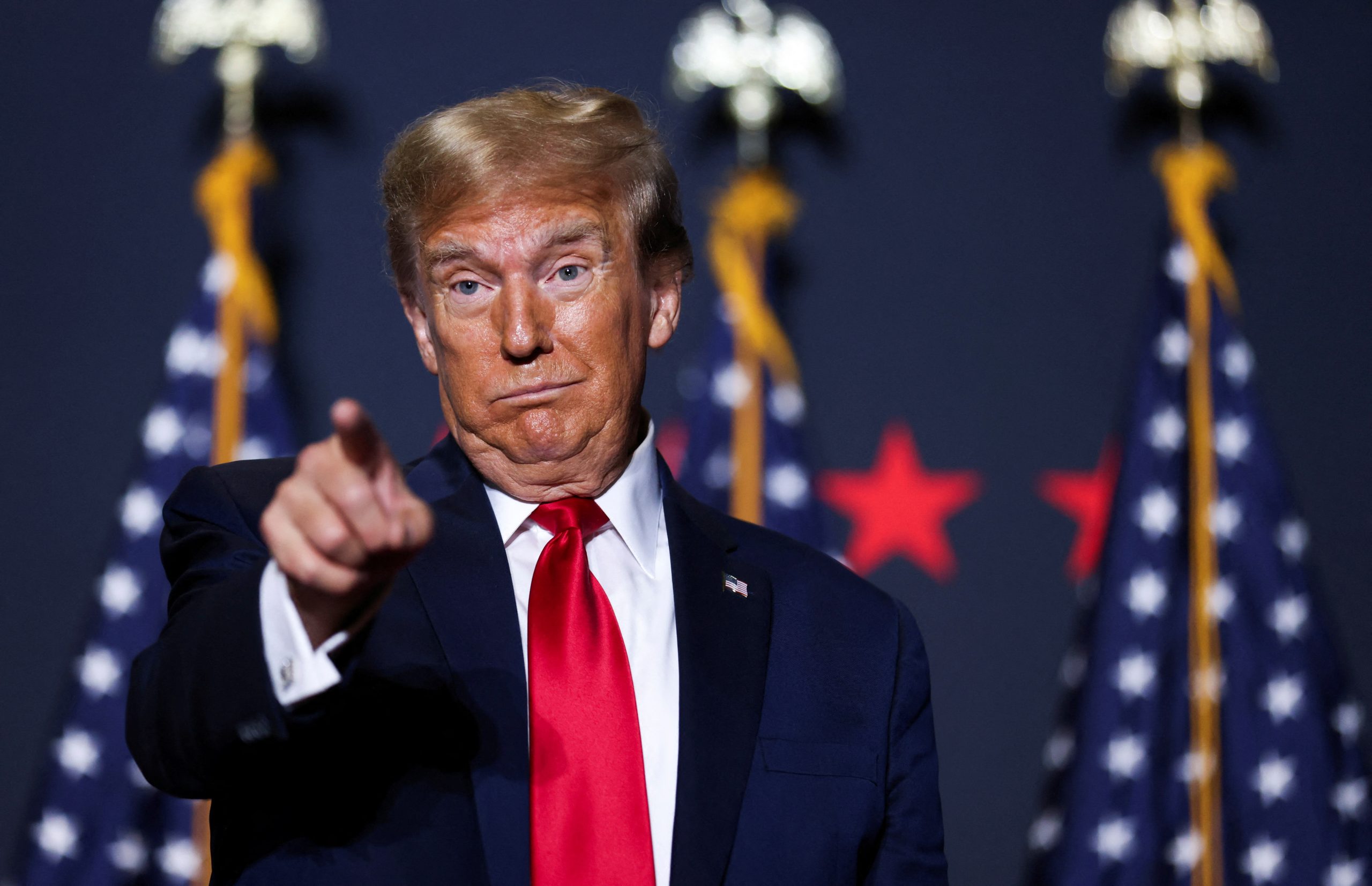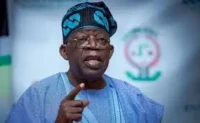The Trump administration has announced a reduction in the impact of automotive tariffs, providing relief for U.S. automakers by easing some duties on foreign parts used in domestically manufactured cars. The new measures aim to prevent additional tariffs on cars made abroad from compounding existing levies.
Commerce Secretary Howard Lutnick emphasized that the move is part of President Trump’s strategy to strengthen the partnership between the government, domestic automakers, and American workers. The changes reward companies committed to U.S. manufacturing, encouraging further investments in the domestic market.
The adjustment means that companies paying tariffs will no longer face extra charges, such as those on steel and aluminum, and will be reimbursed for any tariffs already paid. This decision comes just as President Trump prepares for a visit to Michigan to mark his first 100 days in office, highlighting his focus on reshaping the global economic order.
The new approach is seen as a response to concerns within the auto industry, where automakers and suppliers had warned that high tariffs on imported auto parts could disrupt the global supply chain and lead to higher prices for consumers. CEOs from major automakers like General Motors and Ford have praised the move, stating that it will help ease the financial burden on companies and consumers.
This policy shift is the latest in a series of flexible tariff adjustments made by the administration, aimed at stabilizing the market and alleviating the potential negative economic impacts. The broader goal is to balance trade protections with the practical needs of the automotive industry and ensure a more competitive environment for U.S. manufacturers.












Leave a comment